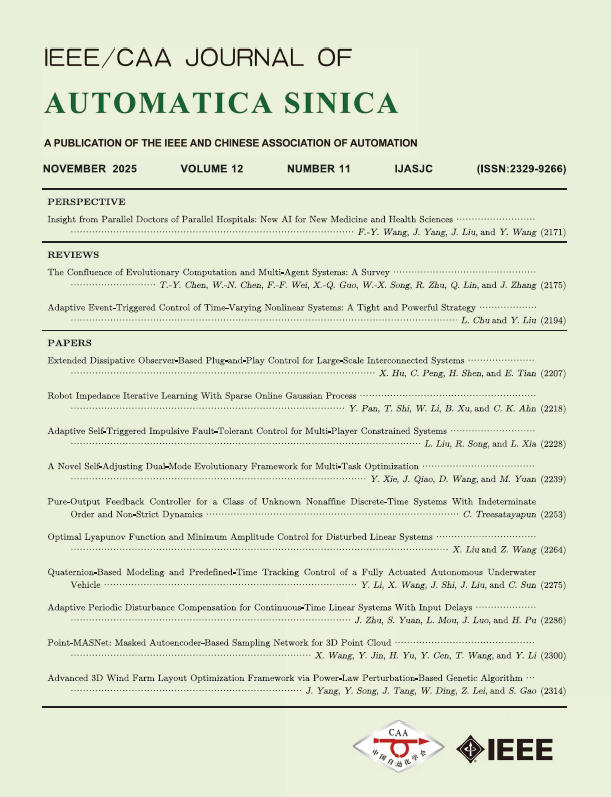Vol. 3, No. 3, 2016
Display Method:
2016, 3(3): 233-234.
Abstract:
2016, 3(3): 235-246.
Abstract:
2016, 3(3): 247-254.
Abstract:
2016, 3(3): 255-256.
Abstract:
2016, 3(3): 257-260.
Abstract:
2016, 3(3): 261-270.
Abstract:
2016, 3(3): 271-280.
Abstract:
2016, 3(3): 281-287.
Abstract:
2016, 3(3): 288-294.
Abstract:
2016, 3(3): 295-303.
Abstract:
2016, 3(3): 304-310.
Abstract:
2016, 3(3): 311-319.
Abstract:
2016, 3(3): 320-331.
Abstract:
2016, 3(3): 332-337.
Abstract:
2016, 3(3): 338-344.
Abstract:


 E-mail Alert
E-mail Alert


